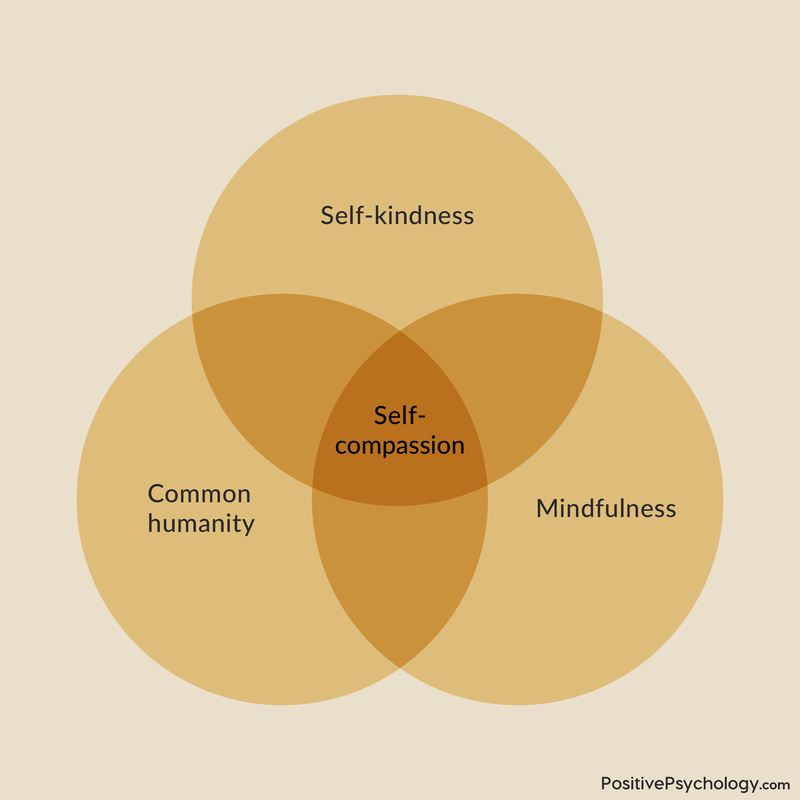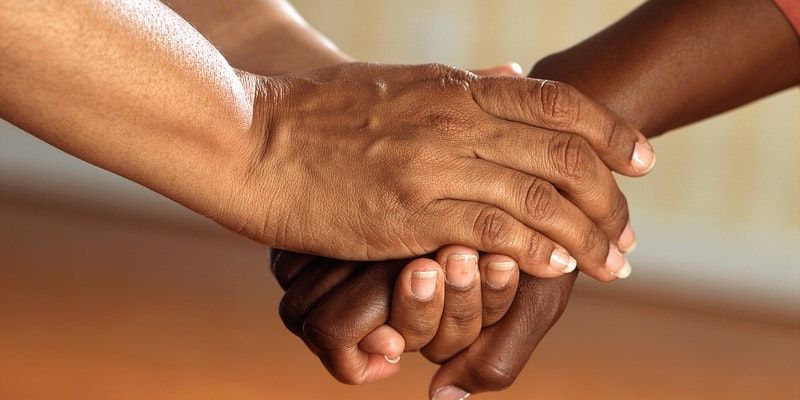How Is Empathy Developed? 5 Stages and 5 Factors
Empathy is an integral part of emotional and social development and an essential motivator for helping those in distress. In a very literal sense, it is the “ability to feel or imagine another person’s emotional experience” (McDonald & Messinger, 2011).
While initially it was thought that empathy did not develop in young children, research into their response to others’ distress has shown otherwise.
Below we discuss some of the development stages and factors that influence empathy, drawing on research performed at the University of Miami (McDonald & Messinger, 2011).
Stages of empathy development
Newborns: when newborns hear other infants crying, they frequently exhibit signs of distress, known as reflexive crying or emotional contagion.
Their behavior suggests a precursor to empathy and a predisposition to others’ negative emotions, rather than an unthinking reaction to noise.
Infants: infants exhibit concern for others. However, as any parent knows, they have difficulty regulating their emotions and often become overwhelmed by others’ feelings.
Toddlers: between the ages of 14 and 36 months, children begin to show clear signs of the emotional components of empathy, including apologizing, showing concern for others, and offering help. In a very real way, they begin to ‘try on’ others’ experiences, whether seen on TV, with friends, or in a family situation.
Early childhood: as children begin their early school years, they not only experience others’ emotional states but also start to imagine their experiences. Referred to by psychologists and philosophers as the theory of mind, they begin to see themselves and others in terms of emotions, feelings, and desires (Wellman, Cross, & Watson, 2001).
Middle childhood into adulthood: significant developments in empathy are seen from middle childhood to adulthood that form part of a broader prosocial personality trait. Indeed, the development of early prosocial behavior, such as empathic concern and perspective taking, motivates helping behavior (McDonald & Messinger, 2011).
Factors of empathy development
There are many factors involved in the early and rapid development of empathy.
Genetic: twin research has consistently implicated the importance of heredity in the development of empathy, accounting for between one third and one half of the variation found in children (Knafo, Zahn-Waxler, Van Hulle, Robinson, & Rhee, 2008).
Neurodevelopmental factors: mirror neurons in the animal and human brain, which reflect other people’s emotions, may provide a neurological basis for connecting others’ experiences with our own. Check out Vilayanur Ramachandran’s excellent TED Talk for an overview (Ramachandran, 2009).
 We have all met people who appear to lack empathy.
We have all met people who appear to lack empathy. In the book Emotional Intelligence, science reporter for the New York Times Daniel Goleman (2006) describes empathy as a capacity to “know how another feels” coming “into play in a vast array of life arenas, from sales and management to romance and parenting, to compassion and political action.”
In the book Emotional Intelligence, science reporter for the New York Times Daniel Goleman (2006) describes empathy as a capacity to “know how another feels” coming “into play in a vast array of life arenas, from sales and management to romance and parenting, to compassion and political action.”


 Empathic listening is vital to developing relationships.
Empathic listening is vital to developing relationships.




What our readers think
good
I really enjoyed your article. Working inside of a jail as a correctional officer, I had to be able to read a person in order to keep peace in my dorm. One example I can think of was when I reported to my dorm and it was really quiet, that was a sign that something was wrong. It met that something had happened. before I got to work or if I did not pay close attention to the how the inmates were acting, something major was about to happen.
A big thank you to the author for the wonderful article. The article has helped me have a broader view of both the horizon and verticle of empathy. The author’s wisdom and dedication has brought readers multi-dimensional and multi-faceted perspectives in life. Really appreciate the content you have shared. Please allow me to share this content with many of my friends! Best regards !
Hi Do Thi Ngoc,
So glad you found value in this post. Yes, you’re welcome to forward it on to your friends. If you respond positively to the question ‘How useful was this article to you?’ several options will be revealed for quick sharing on social media, etc.
– Nicole | Community Manager
Excellent and very comprehensive!
I’d like to share something. Personal growth happens when we accomplish something we never thought we’d be able to, when we achieve outside our comfort zone. I understand you run, and finally completing that first marathon is a great example of personal growth. We sacrifice, train, and realize we are stronger and more capable of growth than we realized.
Personal growth also happens when we understand and respect a person or idea we never thought we’d be able to. We sacrifice and do the work, but at the end of the day we often gain more confidence and flexibility in our perspectives.
Personal growth also happens when we help others in ways we never thought we had the ability to.
People are just as capable of perspective and compassionate personal growth, as they are capable of running marathons , or learning a new language, or playing a song on a guitar, etc.
I have other ideas about empathy that I’d be happy to share with you.